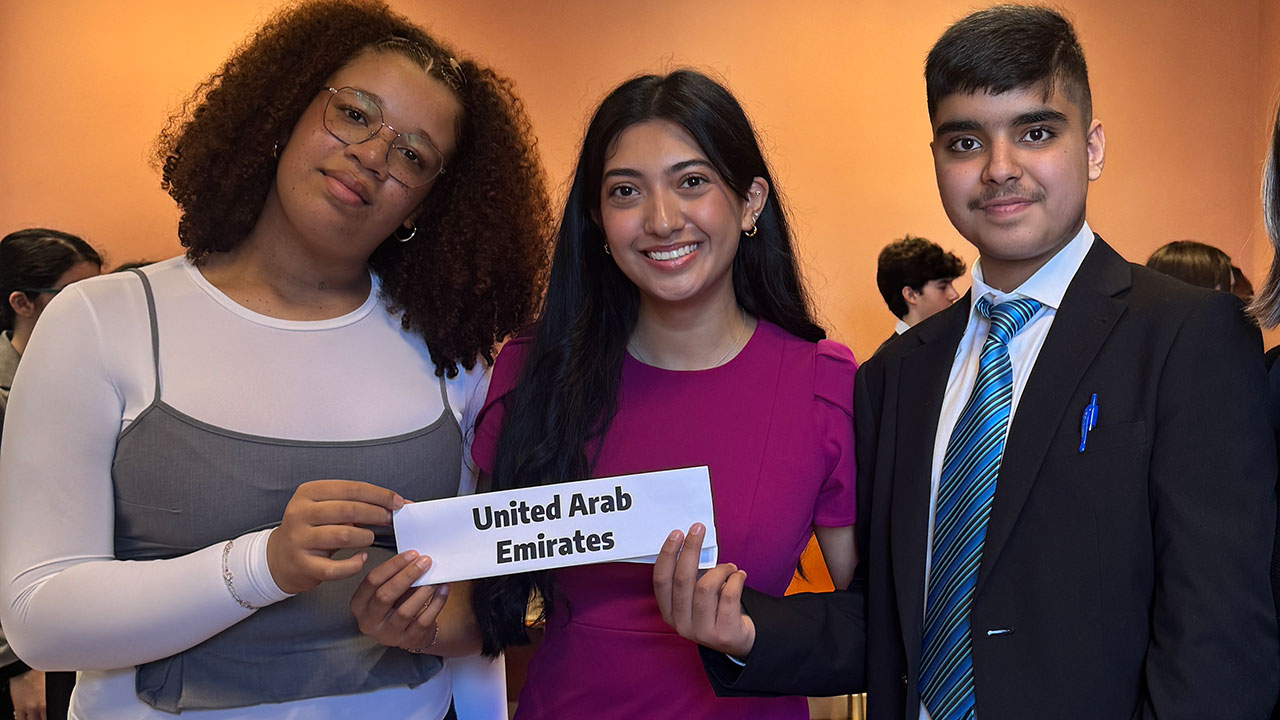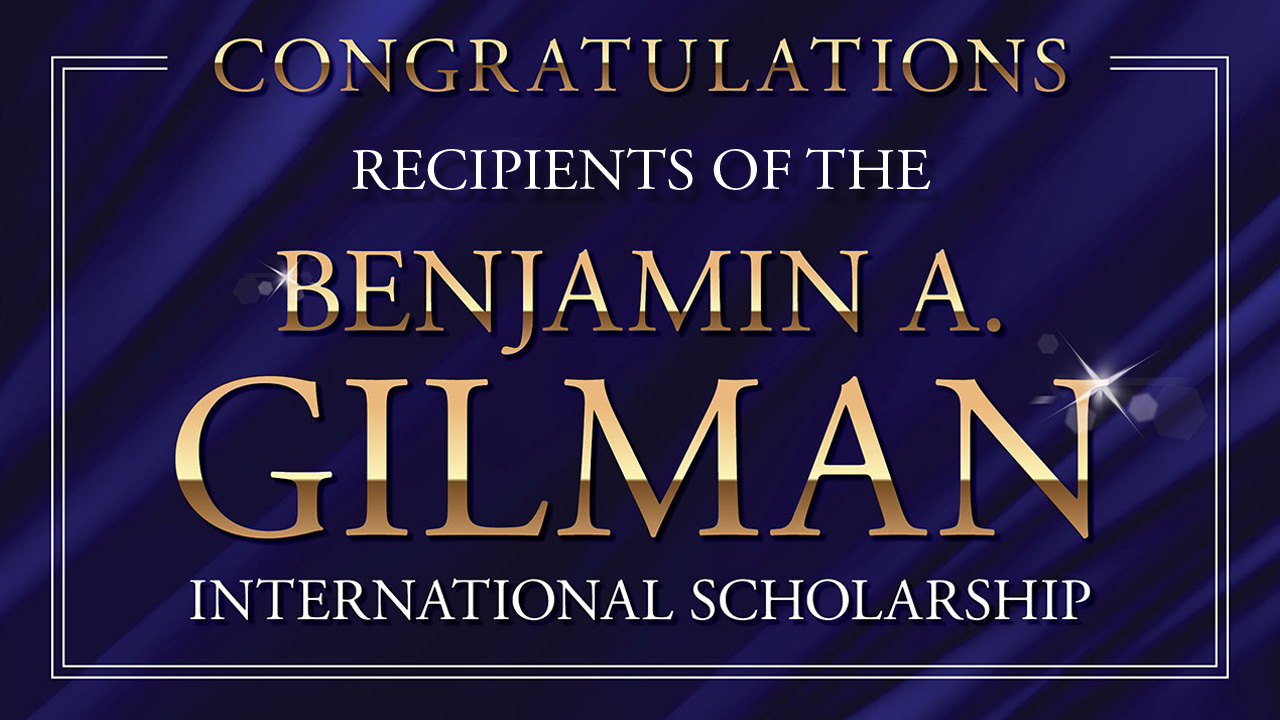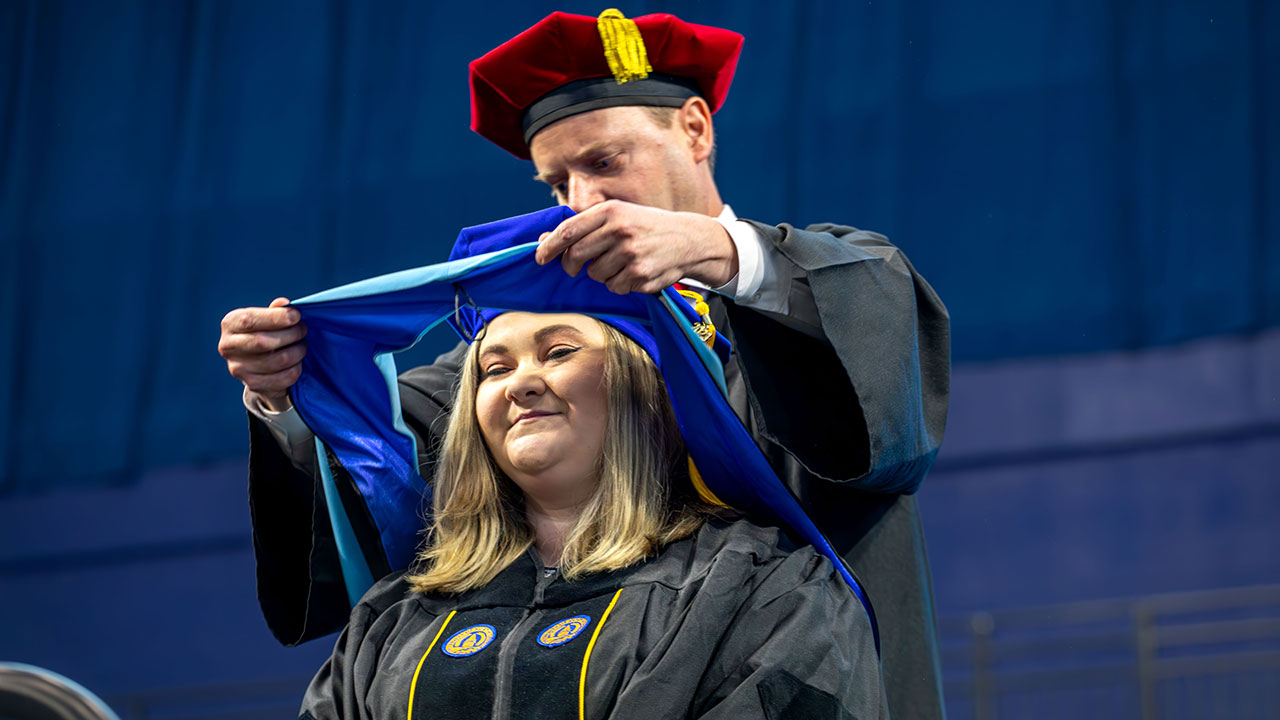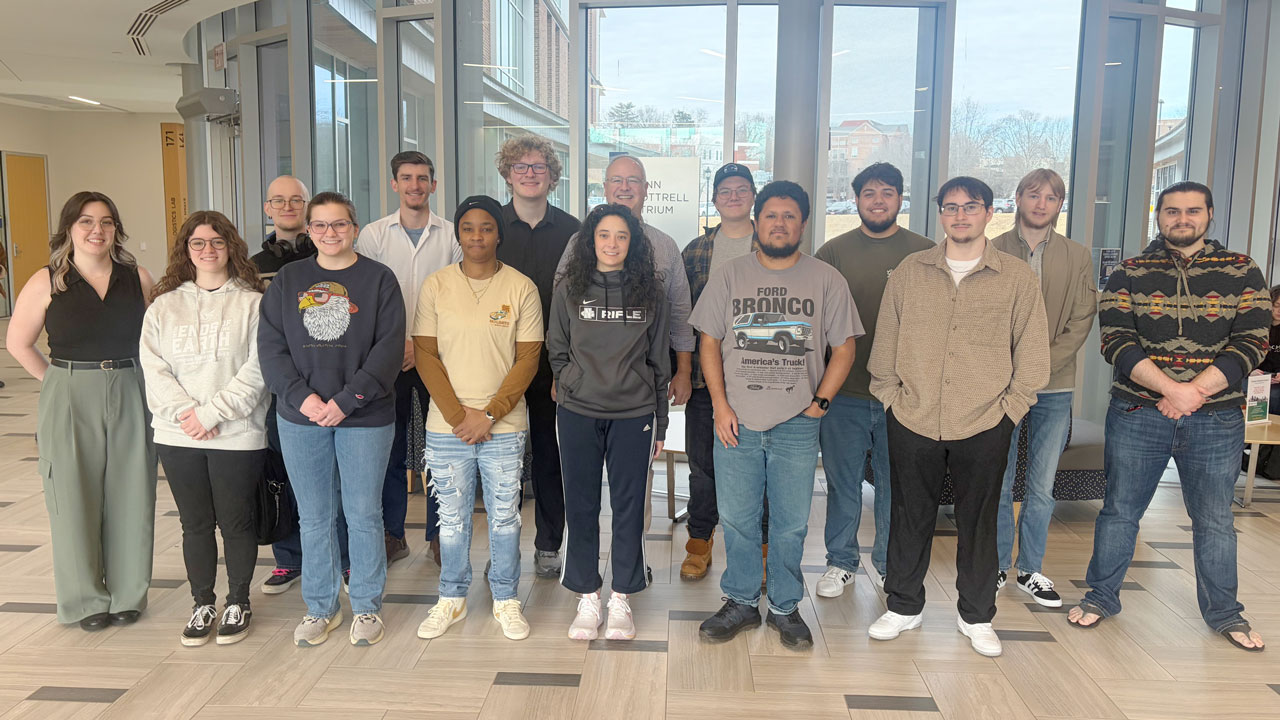Georgia shares model for CyberStart America

Georgia's position as the national leader in attracting students to participate in CyberStart America in 2021-22 earned the state the chance to share its successful model, which is led by the University of North Georgia (UNG), with four other states to help them beef up their efforts for 2022-23.
The Institute for Cyber Operations and College of Education lead UNG's CyberStart efforts in Georgia.
CyberStart America, which runs from Oct. 4 to April 4, seeks to help high school students discover their talent in cybersecurity. The program features a free, learn-as-you-go, online game designed to help students explore cybersecurity and compete for cyber training scholarships. This workforce development tool is vital with nearly 770,000 cybersecurity jobs open nationally and more than 24,000 available in Georgia.
Cyberstart America is hoping the model set by UNG and its CyberStart America in Georgia partners — Georgia Tech Research Institute, TAG-Ed, Georgia Cyber Center, and Georgia Department of Education — will help Texas, Virginia, Florida, and Alabama replicate the momentum that led to Georgia's 658% increase in participation last year. Georgia had a national-best 6,383 registered students from 274 schools in 2021-22 and already has more than 3,700 just a month into the 2022-23 competition.
Dr. Lindsay Linsky, professor of middle grades education in UNG's College of Education, is co-leading Georgia's collaboration with the four other states.
We need students to gain these skills and take these jobs. It benefits the nation. If we're able to succeed in these other states, everybody wins.
Dr. Lindsay Linsky
UNG professor of middle grades education, co-leader of Georgia's CyberStart America collaboration with four other states
"We need students to gain these skills and take these jobs. It benefits the nation," Linsky said. "If we're able to succeed in these other states, everybody wins."
Students can explore more than 200 unique cybersecurity challenges, which they will solve as a cybersecurity agent investigating criminal gangs. They earn points for every challenge solved and earn digital achievement badges at various point levels. Top-scoring eligible players will be invited to apply for cyber training scholarships worth $3,000 from the National Cyber Scholarship Foundation.
For the second year in a row, $100,000 in donations will fund $500 prizes for Georgia's top students, as well as prizes that range from $2,500 to $5,000 for schools and school districts who register the most students to actively play the game. Students who competed last year are able to carry over their points, and different prizes are available for returnees than for new players. Certain state prizes will also be tailored to individuals, districts and schools that show the most growth in year-over-year performance. Another cash prize will go to the school without a current cybersecurity pathway that has the most CyberStart participants.
Caitlin Conneely, cyber program officer in UNG's Institute for Cyber Operations, serves as the lead for CyberStart America in Georgia.
"Industries are starting to put their headquarters in Georgia because they recognize our talent," Conneely said. "We want to cultivate these students from a young age to close the cybersecurity workforce gap."
Jim Crupi, a 1970 alumnus of UNG and president of Strategic Leadership Solutions Inc., assisted in raising the funds being used for student prizes because he sees the importance of training the next generation of cyber professionals.
"This is a national security issue we have to address," Crupi said. "Our kids may represent 25% of our population, but they represent 100% of our future. I am not aware of any game with the potential to take top students from zero to employable within a year or virtually guarantee being accepted to a state's college cyber program."
Chris Dovi is executive director of the nonprofit CodeVa, which is working closely with the Virginia Department of Education to recruit students to play CyberStart America there.
"We're really thankful to Georgia and Jim Crupi for reaching out to us and prioritizing Virginia. We look forward to ongoing future collaboration," Dovi said. "This is a very intentional framework of states cooperating to find and get students interested in cybersecurity."



